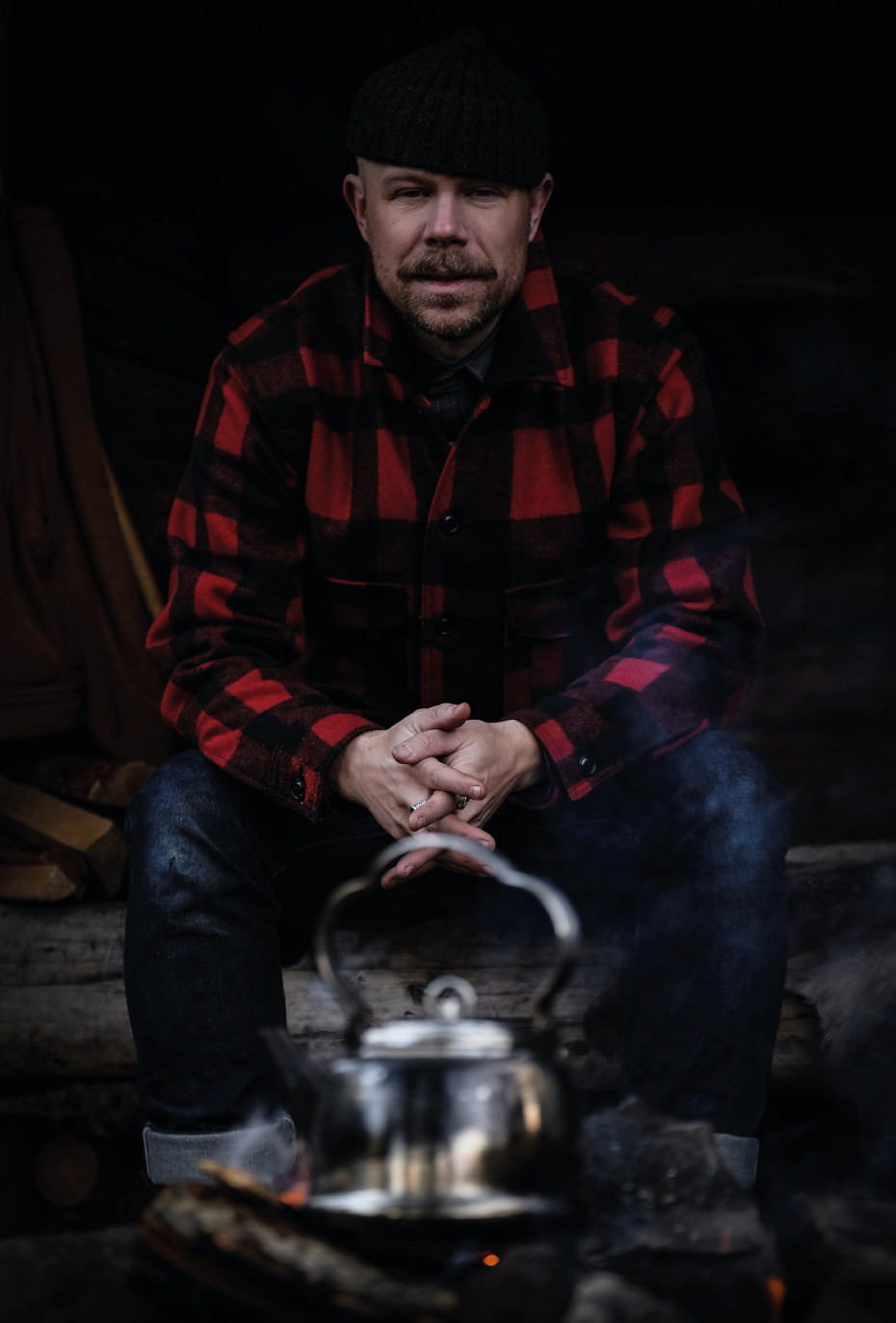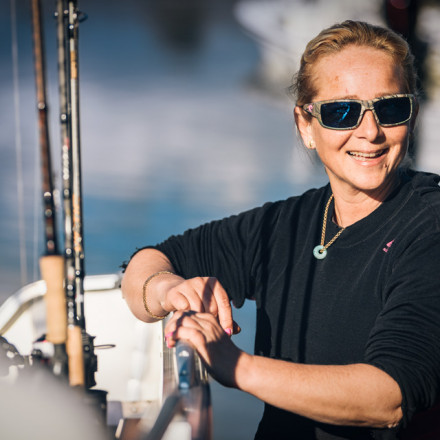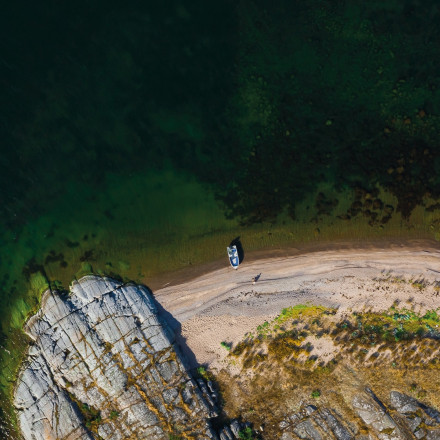We meet digitally. As is so often the case nowadays. Magnus explains that he has a heavy cold. His nose is running. In the background, I see a large shelf with his camping gear. He gives a quick tour. Our conversation swings around topics such as forests, photography and paddling – experiencing nature. And what the digital ‘overcommunication world’ is doing to our stone-age brains. How important nature is as a balance point. A place to find peace. “Surrounded by nature, I experience flow.”
Let’s start his story from the beginning. As a young whelp, Magnus grew up with a dad who had a fascination for nature and living in the wilds. His mum was a scout leader and Magnus got to join in with the ‘grown up’ scouts. This is where he learned how to set up complete camps. As he puts it: “I inherited this. Everything revolved around the outdoors.”
These early years were in the area of Norrköping and its magical countryside. ‘Glottern’s’ forests and waterways set deep roots that, later in life, generated a profound longing. A craving to get back to nature.
’London calling’
Magnus, perhaps better known as Arwet, taught himself music. His girlfriend, now his wife, was studying in London where, via somewhat circuitous roads, he too ended up. Magnus worked for a British recording company. Ten years were spent in the capital. Somewhere, in the middle of this creative environment, with lots of work, beer and late nights out, a desire was born. The one that called back to nature. I ask about this time. The vibe, the smog, the crowds. However, things were not really like that. They were living near the ‘border’ with the countryside. “I probably saw Buckingham Palace once in my time there.” His dad told him that he would get a canoe when he moved home. It was important that it should be an Inkas. ‘Indestructible’ was how his dad expressed it. Things did not turn out exactly like that. Once home, Arwet sorted out a canoe himself. He was allowed to borrow an old Inkas from a rental operator. No time was set on the loan.

“I INHERITED THIS. EVERYTHING REVOLVED AROUND THE OUTDOORS.”
Adventure part 2
Magnus now works in sound and music production for major international companies. “I do a
great deal for the games industry; both music and sound design.” This is where I learn something new. It seems audiobooks are gradually becoming more like radio theatre, with both music and sound effects. There were several just such productions in the pandemic. Arwet’s cellar is home to the previously mentioned outdoor equipment. The latter is comprehensive.
Arwet speaks about the forests; the ones bordering Kolmården. How, when he was young, they were untouched. “There are many cleared areas there now.” This is where his Inkas comes to the fore. “It enables me to reach untouched oases.” He talks about what his family have named ‘The Secret’, a small inlet with a natural, sand bottom.
On his excursions, he takes along another major leisure interest, photography. “In the 1990s, I worked as a photography assistant. I’ve maintained that interest.” He recounts something that, for a connoisseur, is ‘sweet music’. “Using a large format camera, I took analogue photos and developed them myself.” Magnus went digital recently, just one and a half years ago. We exchange a few more words on ‘technique’. Lenses, focal length and light intensity.
The last is so important for creating short field depths.
‘Cyber nature’
We move on to how the new age is affecting us. How children can never be bored. Everything is served up, at arm’s length. To smartphones! We speak of how, as children, we played autonomously. Made up our own games. How just a moment of boredom led to creativity. This is where Arwet goes into detail about nature’s healing powers. However, feeling safe and at ease with nature takes time. “Many people are so unused to nature that being out in it stresses them.” Indeed, research shows that our stone-age brains are in constant shock. We are overloaded with information and impressions. Nature is Arwet’s battery charger. Every Wednesday, he goes out with his canoe. He takes his camera along with him. Perhaps a few coffee beans. He searches out oases. He talks about how close a canoe is to the water. The sound of the paddles cutting through the surface. How nature is not at all silent. “The noise is just different. Other sounds.” Arwet speaks philosophically
about the experience. How we find peace and energy in nature. How it is in our genes. The need for closeness to what is ‘real’. In his case, the contrast with his sometimes very stressful work. He paints a poetic picture of paddling around a bend and a lake opening up in front of him. He summarises by saying:
“Paddling is like meditating.”
Inkas – And a few words about age-old skills
The choice of canoe was simple. “I can go anywhere. Never need to worry about shallows and rocks. In practice, an Inkas never wears out.” Arwet concludes by recounting how paddling is primevally within us. This is roughly where we launch into an interest that we prove both to share – ancient cultures and age-old skills. But that is a whole other story.

